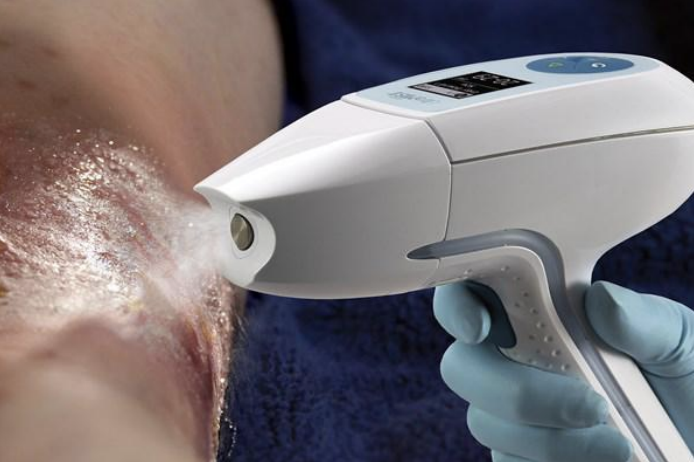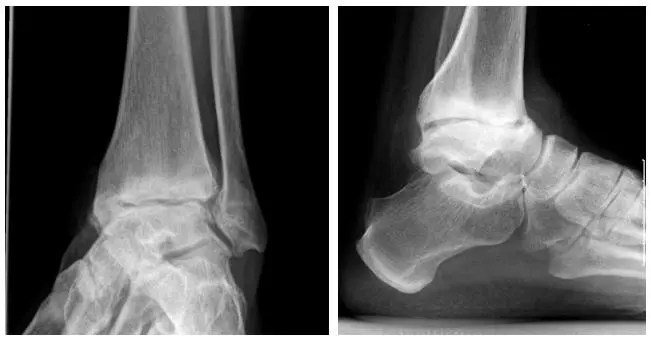
Nurse practitioners are essential in providing wound care and treatment that helps accelerate healing and prevent complications and infections. Working together, patients, their families, and Nurse practitioners play a significant role in a chronic wound patient’s support team. They significantly contribute to the patient’s well-being, improve quality of life, and help wound care patients work towards healing.
Family and Wound Care
Close friends and family are often the primary sources of help for chronic wound patients. Family and friends providing support is crucial to wound care treatment. They’re usually the first to spot a wound, notice any changes, assist with transportation, and treat the patient promptly. But that can be a lot on just one person, and a Nurse practitioner can take over some responsibilities. A close support system helps the chronic wound patient by:
- Watching For Infection: As the person who spends the most time with chronic wound patients in an at-home setting, they’re in a unique position to monitor chronic wounds for signs of infection or changes in the wound.
- Recognizing New Wounds and Reporting Changes: Friends and family help chronic wound patients by providing more history and context for the wound care team if the patient is elderly and unable to remember their symptoms. If the patient has limited mobility or cannot see the wound themselves, a family member can help report any signs of infection or changes to the injury.
- Dressing Changes: Unless instructed otherwise by the wound care team, trusted friends and family often assist chronic wound patients with dressing changes and wound cleaning.
Nurse Practitioners and Wound Care
Nurse Practitioners from Personic Health help wound care patients and their families by providing medical and clinical support, wound care education, and resources. Some parts of a wound care Nurse practitioner’s duties and responsibilities include:
- Patient and Family Education: Nurse practitioners help relieve some of the questions and gray areas of wound care for patients and family members by instructing them on how to change dressings, best hygiene practices, spot complications and infections, and when to call a doctor. Wound care education empowers the patients and their families to actively participate in the healing process as part of a care team.
- Wound Assessment and Diagnosis: Nurse practitioners provide crucial wound care assessment for patients, assessing a wound’s type, severity, size, and depth. They can identify any complications preventing healing and help recommend interventions and services while notifying the overseeing physician of any significant concerns.
- Treatment Plans: Wound care Nurse practitioners create personalized plans that include the patient’s medical history, underlying health conditions, and lifestyle, outlining the right dressing type, cleaning methods, and best practices.
The Right Wound Care Team
When chronic wound patients, friends and family, and wound care Nurse practitioners work together, they can create a healing and knowledgeable environment. By communicating effectively, collaborating, and supporting the chronic wound patient, Nurse practitioners, and family members can promote a patient’s well-being and help them access safe, high-quality wound care.
Please reach out if you or a loved one is interested in at-home wound care services or looking for more information about at-home wound care from Personic Health.





